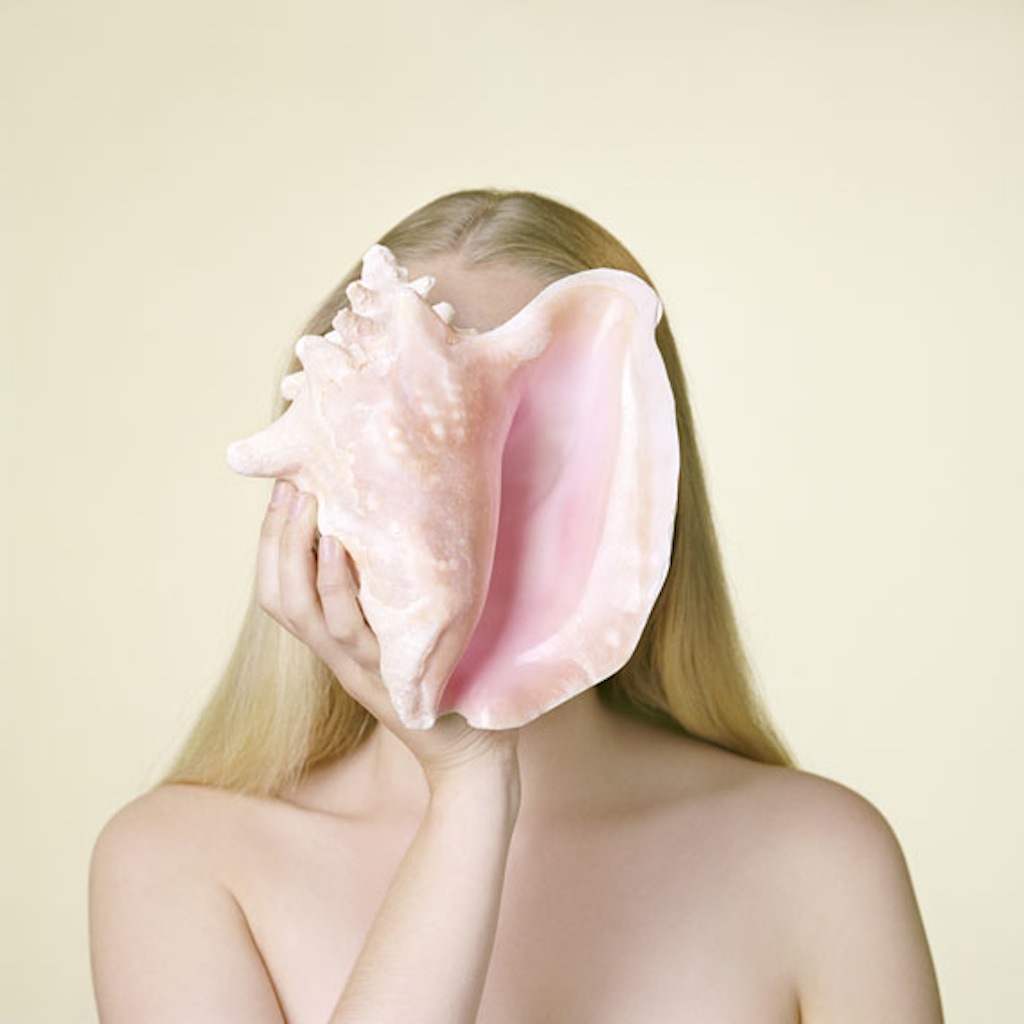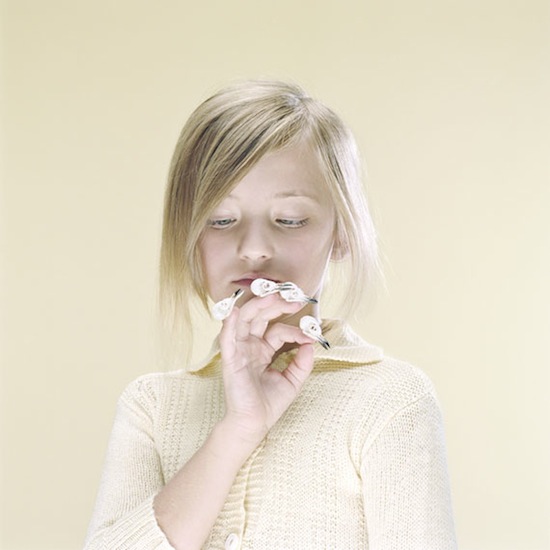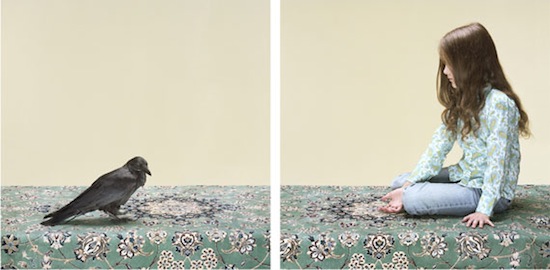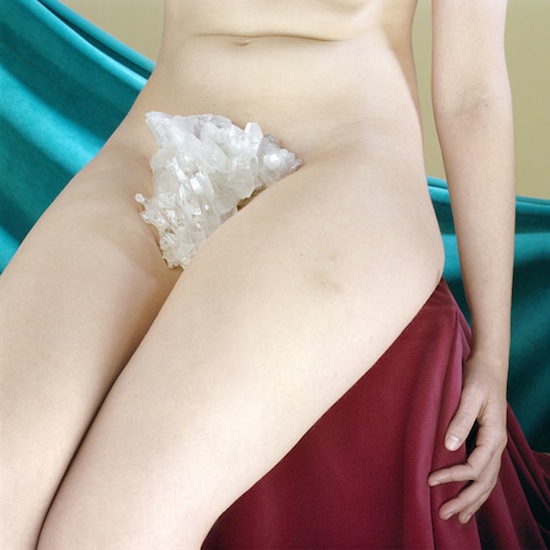
© Petrina Hicks. Venus, 2013
Helen Gory Galerie 25 St Edmonds Road Melbourne Australie
Helen Gory Galerie, Melbourne is excited to present an exhibition of selected photographs by Petrina Hicks.
Hicks has been awarded extensive awards and grants for her large-scale, hyper-real photographs and video works that are as beautiful as they are unsettling. Her slick, stylized images at once entice and disconcert the viewer. At first glance her luminous works draw you in, much like the sensuous advertising imagery they reference and co-opt. Yet look closer and subtle ruptures and ambiguities surface, unsettling the promise of perfection embedded in each image. In so doing, Hick weighs in on photograph’s dual role as both truth-teller and perpetrator of fictions.
Hicks’ new photographs include both portrait and still life, capturing her subjects against a muted, neutral backdrop with a stark and pared back aesthetic. Her loaded imagery is rich in symbolism and historical references, alluding to infinite meanings but resisting a clear message. She rather invites viewers to bring their own associations to bear on the works.

© Petrina Hicks. Birdfingers, 2013
Dan Rule reflects on Hicks’ latest body of work in the catalogue essay for the exhibition.
"Sex, birth and death also lurk amid Hicks" latest series of images. In the somewhat aptly titled Bird Fingers, a young girl intently studies her fingertips, each of which is adorned with a tiny bird’s skull, as if a finger puppet or a jewel. That the girl’s expression is neither one of fear nor admiration – but rather, a measured intrigue – gives this work a fascinating twist. Her reaction to death is unlearned; she studies and surveys and pieces together the evidence. Another work, The Hand That Feeds, sees another young protagonist calmly offering her palm to a crow – an avian so often cast with the pall of death.
Venus, meanwhile, sees a woman hold a glossy, pink conch shell – fleshy and open – before her face as if a beacon. The accompanying Birth of Venus is a still life comprising a conflation of symbologies and references. An overfilled champagne glass perches beside the aforementioned shell, a string of pearls draped across and within its span. In New Age, a jagged crystal takes the place of pubic hair, resting hard and sharp against the softness and fragility of the flesh. These works delve deep into both art and socio-feminist history but also echo with a more contemporary resonance – one perhaps found in second-wave feminism. That Hicks’ engages with such themes in 2013 points to the folly of complacency. The notion that we can sleep in the wake of feminism is bogus, null and void.
Indeed, Hicks’ retrieval and reinterpretation of mythologies and social precedents suggests that history repeats. While her images of children suggest minds unsullied by the scourge of learned prejudices and social mores, Venus and her like describe the continuum of the sexualised male gaze. That Hicks’ co-opts a visual language so often used to hock products and desires serves as the ultimate repost. Human complexity can continue to exist, even amid the cycle and the cynicism of the commercial artifice.’
(Dan Rule, 2013)

© Petrina Hicks. The Hand that Feeds, 2013 (Diptych, Part 1 & 2)
Hicks’ work has been shown widely both in Australia and internationally including recently at The Barbican, London; Biennal of Photography, Mexico City; Internationell Konst Film Utställning, Jönköping Läns Museum, Sweden; International Contemporary Arts Festival SESC_Vidobrasil, Sao Paulo; Fotoseptiembre, Centro de la Imagen, Mexico; Pingyao International Photography Festival, China and Paris Photo, France. She is represented in major institutional collections throughout Australia including the Art Gallery of New South Wales, the National Gallery of Victoria and Queensland Art Gallery/Gallery of Modern Art.

© Petrina Hicks. New Age, 2013

